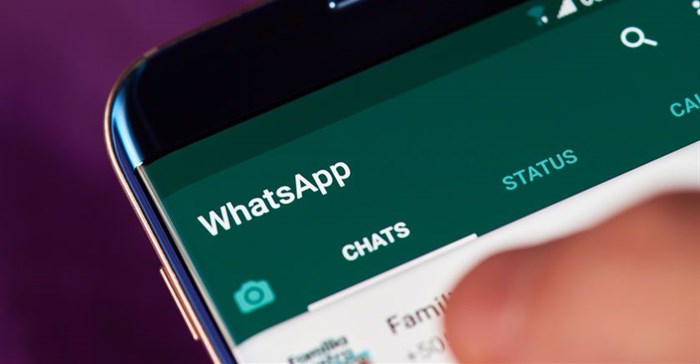
The Indian court pronounced that the admin user could be held accountable for the content posted in the group chats.
This case sparked debate in South Africa around whether a WhatsApp group admin can be held liable for defamatory content that is shared in the group, even if the admin did not personally share the content.

Simon Colman, executive head: digital distribution at SHA Specialist Underwriters, says, “It is not clear whether South African courts would adopt the same approach as in India. Local courts are however likely to be influenced by global trends regarding accountability in the social media space. Much of what is being seen in India and other territories has arisen out of the proliferation of fake news. Social media by its very nature has a viral impact; this means that fabricated and/or defamatory posts have a tendency to spread like wildfire, with the potential to cause severe damage to individuals, groups and even entire economies.
“One way that regulators are keeping a lid on the spread of dangerous content is to place emphasis on the liability of each person involved in the chain of circulation, particularly those with power to monitor, control or delete offensive content – hence the focus on the administrators of WhatsApp or Facebook Groups.
“With WhatsApp, the admin is automatically the person who creates the group, although additional admins can also be added later. These group admins have the ability to control who is invited or removed from the group chat. However, as an administrator it is not always possible to filter all the content. The role is specifically to add or remove group members, so the only way an admin can realistically respond to an offensive post is by warning or removing the offender from the group.
“Anyone who has ever been part of a large group on these social platforms will understand that the time line moves very quickly and the admin will often have to rely on complaints from other users to act upon inappropriate content.”
He provides these tips for admins to mitigate risk:
Colman believes that each individual group member needs to understand his or her accountability. “People tend to become somewhat detached from the consequences of their posts on social media. It is very important that people realise that sharing something on social media and WhatsApp groups can have dramatic consequences.
“Invasion of privacy and defamation are not terms we generally use in everyday conversation but the broad and immediate nature of tweeting, posting and sharing information on social media platforms means that many people can get upset or offended very quickly. The written word is also devoid of tone and emotion so there is no guarantee that a reader (possibly unknown to the user) will receive a message in the spirit with which it was composed.
“WhatsApp is incredibly dangerous when it comes to the posting of accidental or unintended content, as delivered messages cannot be deleted, even by an administrator. Deleting a posted message after it receives the ‘double tick’ only removes it from the individual user’s time line, not from the group. People shouldn’t be posting or sharing content via social media without thinking three times,” concludes Colman.